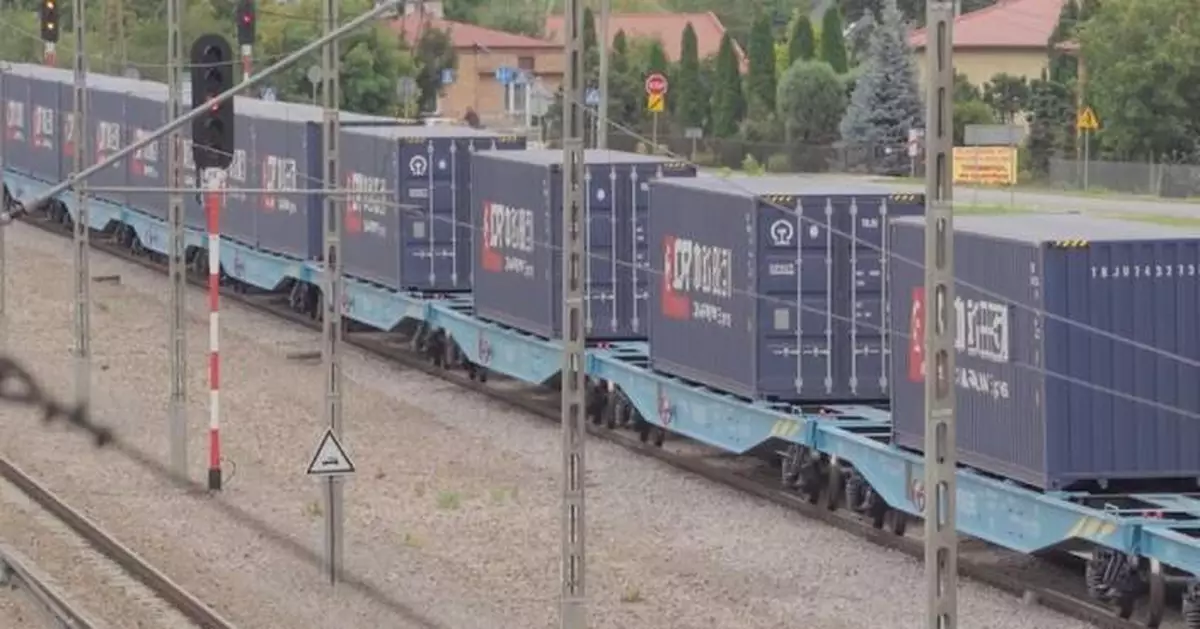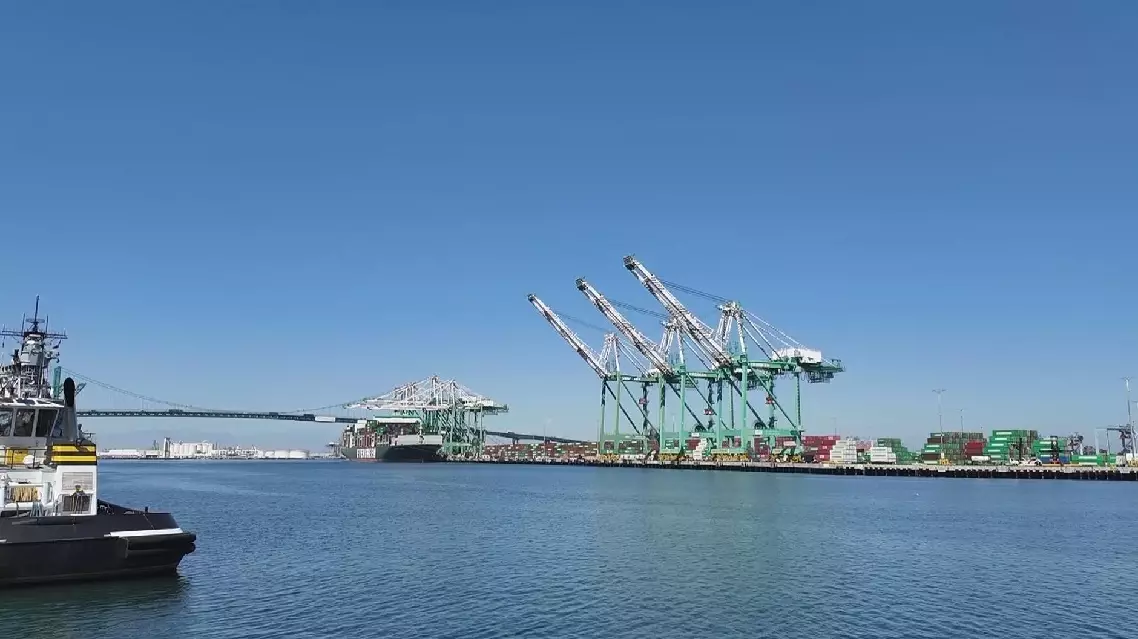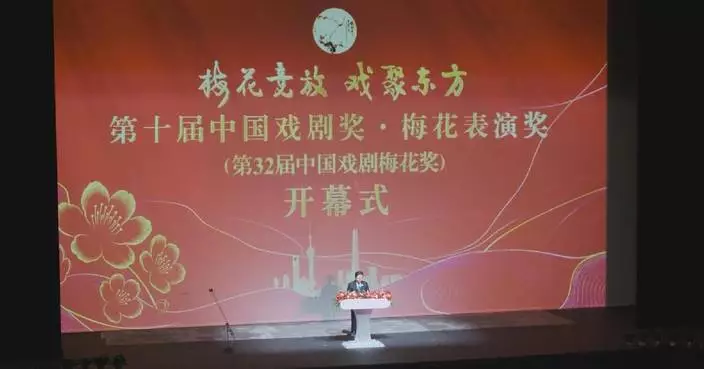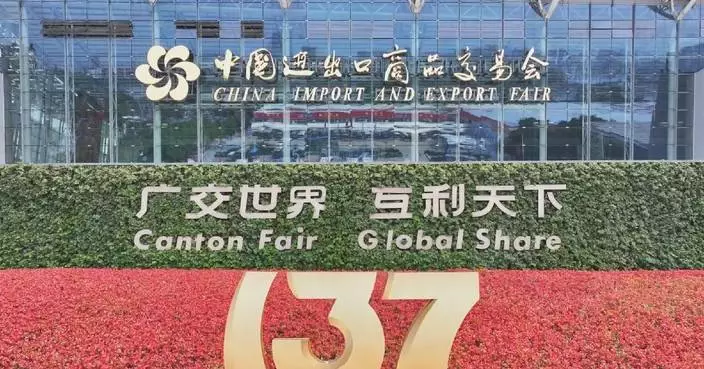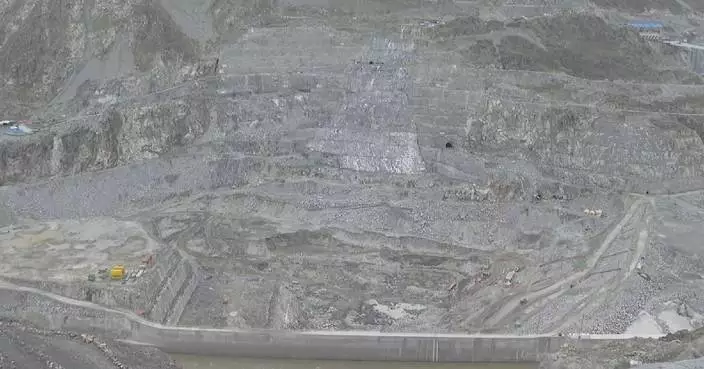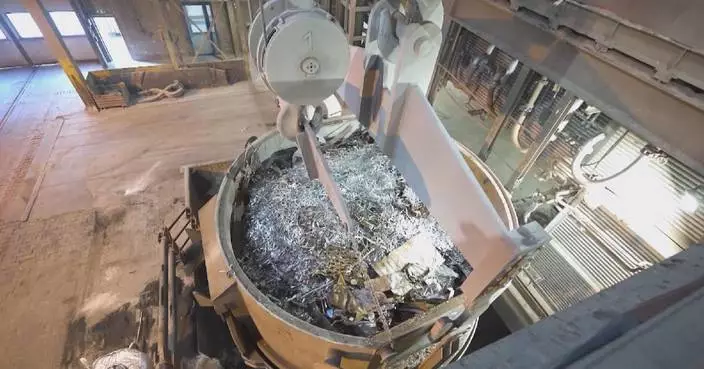Improvement of the cargo handling procedure and enhancement of logistics information sharing have led to significant reduction of logistics cost and higher efficiency in the operation of cross-border China-Europe Freight Train transport service that starts from the Xi'an International Port in northwest China's Shaanxi Province.
At the port's container yard, weighing and unloading containers have been combined into one single process, thanks to the installation of precise weighing devices on reach stackers. Such a workflow integration has relieved the gantry cranes of the separate weighing process, allowing the port to focus solely on lifting containers, thus, reducing the time spent in the process from 160 minutes to mere five minutes.
"The cost reduction is obvious. For instance, truck drivers used to charge 200 yuan (28 U.S. dollars) for one round-trip. Now they can make two round-trips a day, earning 400 yuan. If they can make five round-trips a day, they can earn 1,000 yuan. In this case, they are willing to lower the cost for each trip. Based on our preliminary calculation, the cost of freight for each container can be cut by 70 yuan after we optimize the cargo handling procedure," said Qi Chao, deputy director of the multimodal transport department of the freight department of the China Railway Xi'an Bureau.
The operational enhancements span the entire spectrum of handling processes, from the arrival of contain trucks at the port, to the container unloading, the dispatch of flat-bed trailers, and the cargo handling and inspection processes on freight trains.
"The time for cargo assembly has been cut from seven days to about three day, and the time for cargo handling at the station has been slashed from nearly 900 minutes to about 300 minutes," Qi said.
Apart from the improvement in the cargo assembly and handling processes, the better logistics information sharing also improves the efficiency of the cross-border freight train services.
Previously, customs-related papers must be submitted seven times before cargo are loaded onto the trains, resulting in redundancy in customs procedures.
To streamline this process, the Xi'an Cargo Assembly Center for China-Europe Freight Train Service has introduced a system that allows one single documentation to be submitted for multiple declarations, which has significantly curtailed the time spent on customs procedures.
To foster more effective collaboration, the the Xi'an Free Trade Port Construction and Operation Co., Ltd. and the Chinese branch of KTZ Express have established operational offices on the same floor. This proximity has facilitated communication between employees of both sides and accelerated the integration of information systems for China-Europe Freight Train service.
"The moment that the freight train sets out from China, Kazakhstan gets cargo information, so that we can prepare the customs declaration in advance. We can work together and find a solution for possible problems arising from transportation. The information sharing system is a vital solution," said Olzhas Aleibekov, deputy general manager of the Chinese branch of KTZ Express, a subsidiary of Kazakhstan's national railway company Kazakhstan Temir Zholy (KTZ).
The consistent transport schedules, increasingly streamlined customs procedures, and continual reduction in overall costs have underscored the benefits of cargo assembly for China-Europe Freight Train service, encouraging a growing number of countries on the route to actively engage in this collaboration.
An Azerbaijan's logistics and freight company known as 166 LOGiSTiKA has witnessed a rapid business development.
"We started from [sending] 10 containers, and now every month we send like 100 containers, and in November we have the plan to send 200 containers. I think for [such a] short time, it is a very good result," said Sarkhan Kubanli, head of the Chinese branch of 166 LOGiSTiKA.
Notably, as part of the China-Europe Freight Train service, the trans-Caspian train service has seen a 24-fold increase so far this year compared to the same period of last year, becoming a new growth prospect for the China-Europe Freight Train service.
The cross-border China-Europe Freight Train service connecting China and the European countries, officially known as "CHINA RAILWAY Express", has bridged Chinese cities with 222 European cities in 25 countries.
Initiated in 2011, the China-Europe rail service is considered a significant part of the Belt and Road Initiative to boost trade between China and countries along the routes.
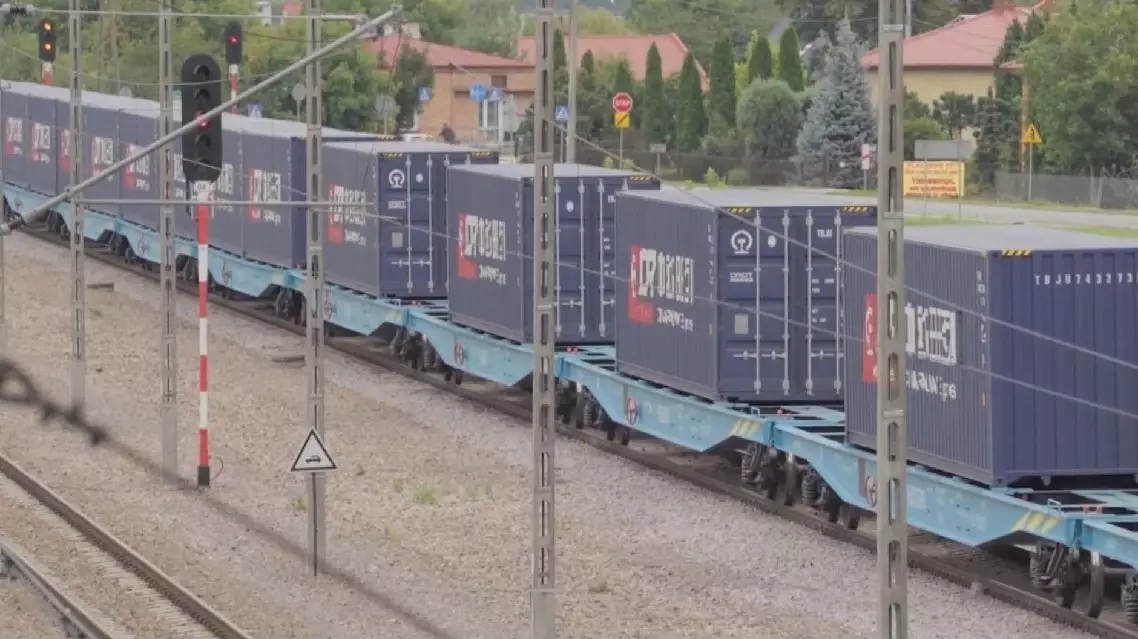
Cargo handling procedure improvement, logistic information sharing boost cross-border freight train service


